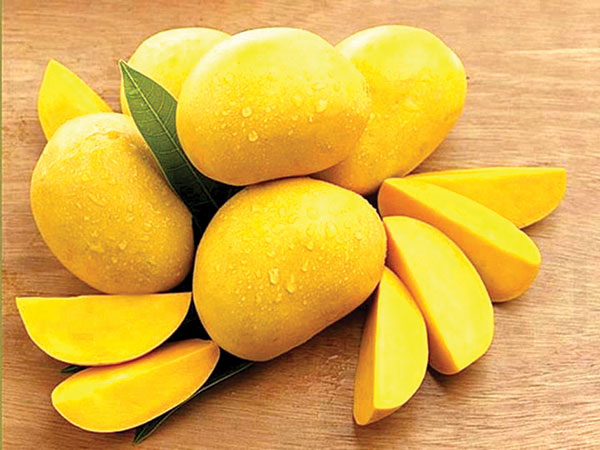
SHWETA KAMAT
PANJIM: The King of fruits is here but not in its glory. The mouth watering mango has witnessed almost 40-50 per cent drop in production as well as quality across the State this year due to extreme weather conditions. Along with low production, the quality has also come down.
Experts say that the scenario is just not this time, but in the last few years climate change, untimely rainfall, have affected the production of mangoes across India and Goa is not an exception.
The mango crop - varying from Mankurad, Fernandin, Mussarat and Hilario - has miserably failed this year with delayed flowering and crop thereafter. The experts say that the Mankurad, which should have ruled the markets by April, are yet to pick up, while Mussarat, Hilario are still flowering.
Speaking to O Heraldo, Agriculture Director Nevil Alphonso said that due to extreme weather conditions, the overall mango production is expected to be down by 40 to 50 per cent this season. He said that unseasonal winter rains and extreme heat during February- March, has hampered the fruiting season and the quality of fruit.
“Almost all varieties of mangos are affected. There is a delay in the fruiting season. By this time, markets should have been flooded with Mankurad, but that is not the case. The Mankurad is entering markets now and hence there is drop in price. However, once monsoon starts, there will be no demand for mangos,” he said.
Goa has around 5000 hectares of Mango area with average production of two tonnes per hectare, annually. This year, the figures are expected to be down by 40-50 per cent.
Mango yield fell sharply last year as well due to a delay in flowering; however the data is under compilation.
Former senior scientist (Horticulture) of Indian Council of Agricultural Research (ICAR) Dr AR Dessai said that the observations made in the last two-three years shows that climate change is having adverse effects on mango production.
“This is not a sudden change and it is not restricted to only Goa,” he said.
He said that unseasonal winter rains, which were experienced in the month of October and November, have delayed the flowering. Temperature also plays an important role as neither extreme heat nor cold is desired – as flowers can wilt and fall off before they have a chance to mature.
“Mango crops are very sensitive to these kinds of weather conditions,” Dessai said, further explaining that the month of February, which is a flowering period, turned out to be the hottest month, thus affecting the flowering process.
He said that the extreme heat conditions led to dying of stigma and pollen grains. “The mango fruit has miserably failed in this season”
